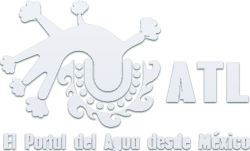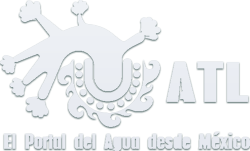The Mexico-CARICOM-FAO Initiative, Cooperation for Adaptation and Resilience to Climate Change in the Caribbean, or Resilient Caribbean Initiative is a joint effort led by the Government of the United Mexican States, through the Ministry of Foreign Affairs (SRE) and the Mexican Agency of International Cooperation for Development (AMEXCID). It is implemented by the Food and Agriculture Organization of the United Nations (FAO) and started supporting CARICOM countries since 2018.
The Initiative aims to assist countries by piloting resilience-building solutions in a) the water-energy-food nexus, b) school feeding programs and c) resilient aquaculture. It aims to facilitate access to climate finance and strengthen national and/or regional capacities through South-South Cooperation. The Initiative targets actions that contribute to reducing the impacts of global shocks such as climate change and COVID-19 on household livelihoods, food availability, national and local food trade, markets, and agricultural supply chains.
The project Addressing the Water-Energy Nexus in Agriculture in the Caribbean is being implemented with South-South Cooperation support from the Mexican Institute for Water Technology (IMTA). Its main objective is to improve water resource efficiency to increase agricultural productivity in Caribbean Small Island Developing States (SIDS) using an integrated Water-Energy-Food nexus approach, in the participating countries (Antigua and Barbuda, Barbados, Jamaica and Saint Kitts and Nevis). It promotes technological innovations, such as solar-powered (micro) irrigation systems to improve water efficiency and management (e.g. hydroponics and rainwater harvesting), and access to clean and climate-smart energy (solar and wind), to increase the agricultural productivity of water. Farmers will receive climate-smart solar-powered irrigation systems and training in sustainable agricultural practices. Partners from line ministries will get access to decision-support tools for improved access and management of water resources.


